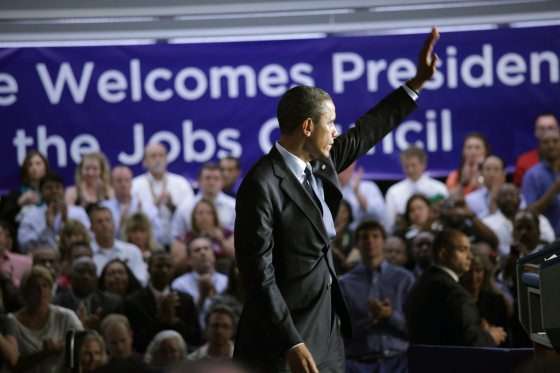IMF Paper: Government Jobs Crowd Out Private Sector Employment

What happens to private sector employment when public employment goes up? A new working paper from researchers at the International Monetary Fund points to global data showing that the public sector gains are private sector losses. The researchers looked at data from 194 developing and advanced countries between 1988 and 2011 and found "robust evidence that public employment crowds out private employment."
The paper finds that statistically, it's essentially a one-to-one relationship, when the entire sample is considered: "A public job typically comes at the cost of a private sector job, and therefore does not reduce overall unemployment." The authors also point to previous research finding similar "full crowding out" in studies that look only at OECD countries.
This has potential implications for stimulus. While fiscal stimulus programs often attempt to push money into the private sector—witness the money spent on private contractors in the 2009 Recovery Act—studies looking at the U.S. experience have found that virtually all of the reduction in unemployment associated with increased government spending on labor markets comes through increased government employment rather than private employment. The conclusions offered by the IMF paper's authors also jibe with research that has found that the stimulus program created or saved hundreds of thousands of public sector jobs at the expense of even more jobs in the private sector.


Show Comments (14)